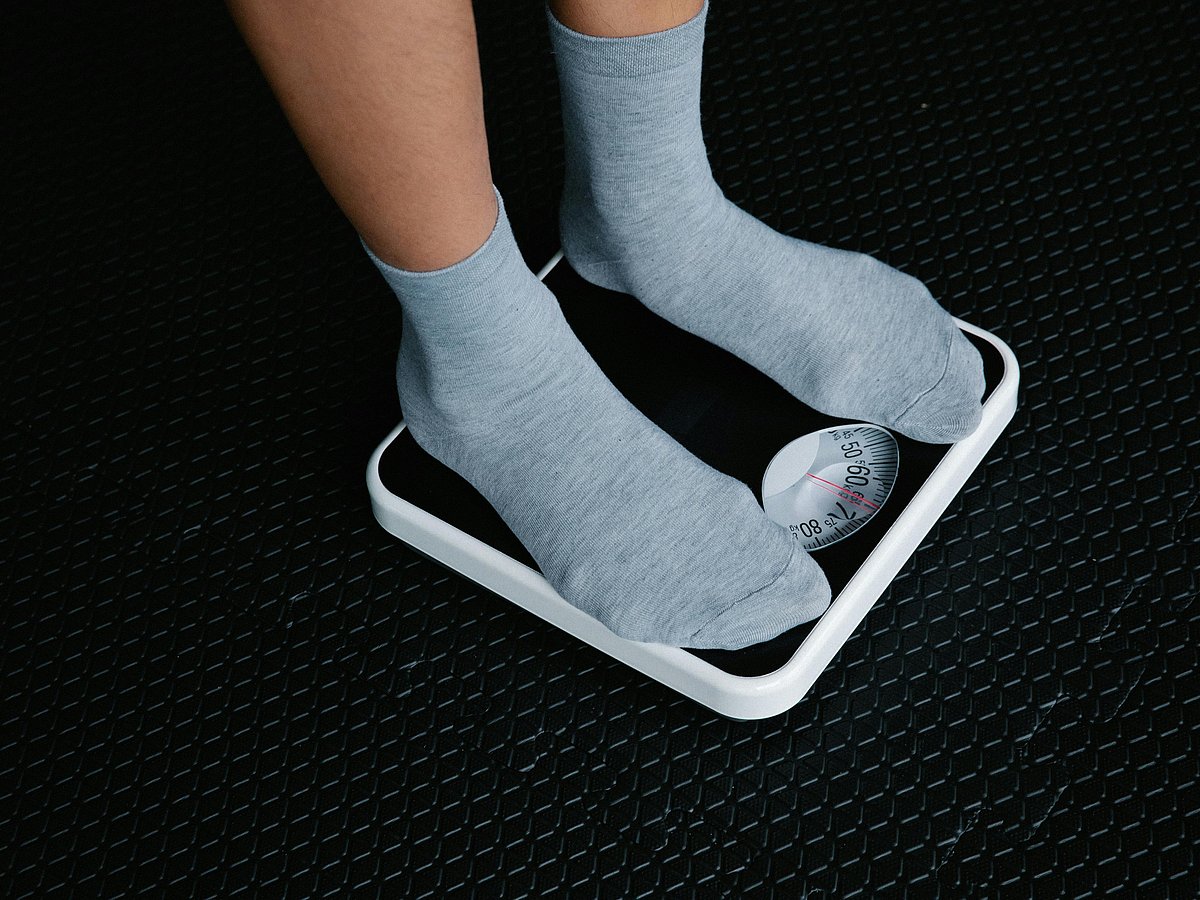Checking your weight daily? Why it's unhealthy and hurts your fitness progress
The number on the scale is just one metric of health

Oh no, you had an extra slice of cheesecake. You feel a twinge of guilt and wonder if that extra slice made a difference. You whip out the weighing scale in nervousness, and sure enough, you see the change. You vow to yourself, only salads for the next few days. You keep monitoring your weight after every breakfast, lunch and dinner to make sure that you’re really not gaining any pounds.
It’s the story of Dubai-based Mia Thompson, a freelancer. Her ‘obsession’ with weight-monitoring as she says, drove her to extreme anxiety, because, she could never really eat freely and was always waiting to reach some idealistic weight goal. “I wanted to lose weight without doing the actual work of physical exercise,” she recalls.
The truth is, as her tale highlights: While the scale is undoubtedly a useful and trusted tool, it can also be a source of crippling stress, if we keep checking our weight every day. Most health professionals agree that focusing on daily weight changes doesn’t accurately reflect overall progress in fitness or health. Stay accountable: But, not at the cost of your mental health.
The psychological impact of obsessive weighing
The anxiety can really eat into you, as studies show. Research from the medical Journal of Behavioural Medicine indicates that adolescents who frequently weigh themselves are more likely to engage in unhealthy weight control behaviours and experience psychological distress. The study suggests that any recommendations for weight monitoring should be made cautiously, and adolescents should be advised not to engage in frequent self-weighing behaviours. Researchers noted that individuals who weighed themselves daily reported higher stress levels and greater preoccupation with food and exercise. This hyper-focus on numbers often disconnects people from listening to their bodies and recognising non-scale victories, such as increased energy, better sleep, or improved strength.
While one study highlights the potential harms of frequent weighing, the meta-analysis suggests that occasional self-weighing may not always lead to negative outcomes, though caution is advised. The meta-analysis published in the medical journal Health Psychology Review found that, for the most part, self-weighing is not associated with adverse psychological outcomes. However, there was a small negative association between self-weighing and psychological functioning, suggesting that self-weighing can reduce self-esteem and/or increase stress.
Mariana Dey, a Dubai-based wellness life coach, shares from personal experience: “The more frequently you check your weight, the more likely you are to make drastic dietary changes just to please the scale. Many people feel overwhelmed by guilt after indulging in a good meal and end up spending the rest of the week chasing an unrealistic idea of weight loss.”
The scale doesn’t tell the whole story
It’s important to recognise that the number on the scale is just one metric of health. “It doesn’t account for muscle gain, water retention, hormonal fluctuations, or even digestion,” explains Sarah Khan, a Dubai-based sports nutritionist. For example, studies from Obesity Reviews highlight how muscle weighs more than fat by volume, meaning someone may see an increase on the scale despite significant fat loss. This disconnect can cause unnecessary frustration for those making real progress in their fitness journey.
Khan adds, “Even on the same scale, weight can fluctuate due to various factors such as fluid intake, hormone levels, and activity levels. It’s important not to become overly fixated on the number.” That number isn’t always an accurate reflection of progress. For instance, losing a pound of fat while gaining a pound of muscle results in a meaningful two-pound change, even if the scale remains the same.
Additionally, the scale isn’t the only indicator of success. “It matters how you feel. Do you feel energetic? Do your clothes fit better ? Are you sleeping properly? Your biometrics like blood pressure, blood glucose levels are all signs of progress, beyond just weight,” she adds.
Breaking the cycle
If you find yourself weighing in obsessively, there are healthier alternatives to track your progress:
Take progress photos: Visual changes can often tell a better story than the scale.
Use non-scale metrics: Track your energy levels, mood, and how your clothes fit.
Focus on strength goals: Instead of aiming for a specific number, set goals around lifting heavier weights, running faster, or improving flexibility.
Mindful weighing: If weighing yourself helps you stay accountable, consider doing it weekly or monthly instead of daily.
Sign up for the Daily Briefing
Get the latest news and updates straight to your inbox
Network Links
GN StoreDownload our app
© Al Nisr Publishing LLC 2026. All rights reserved.